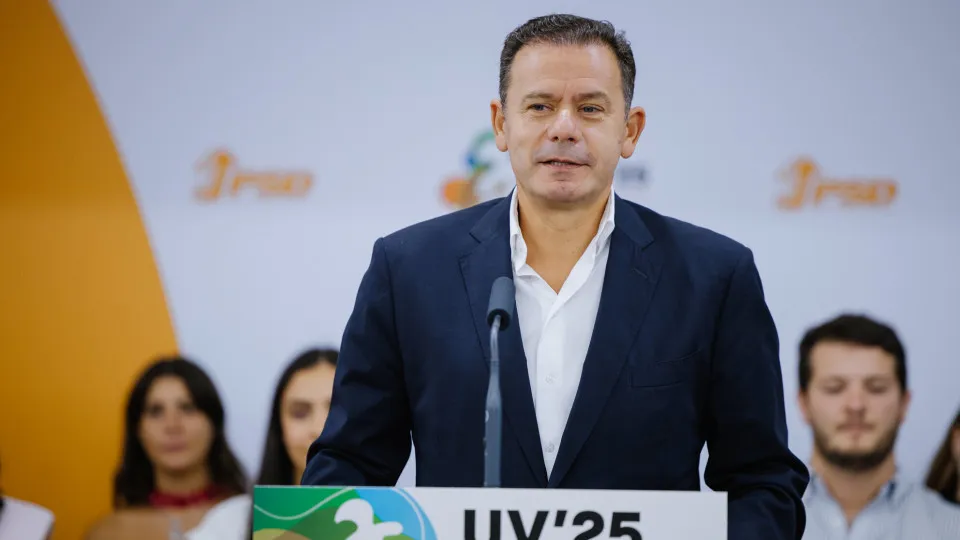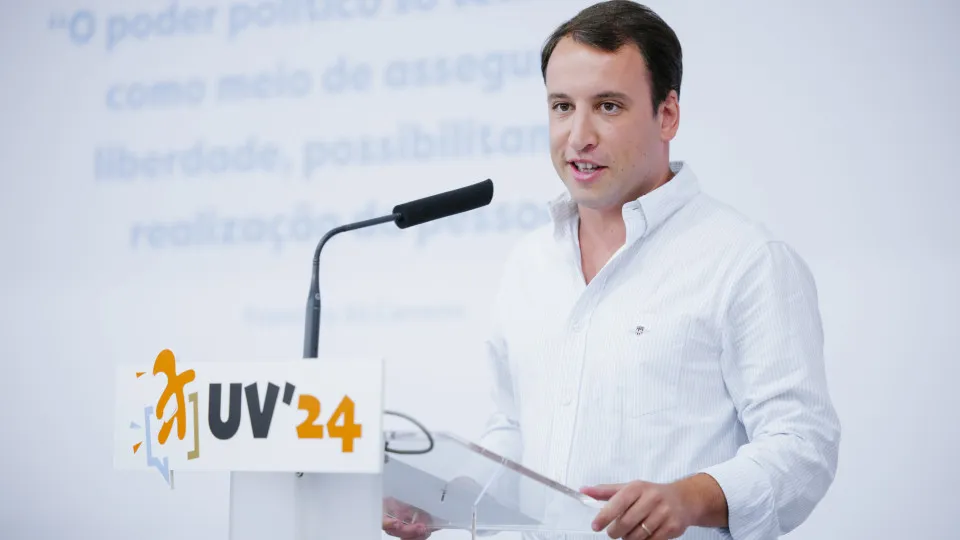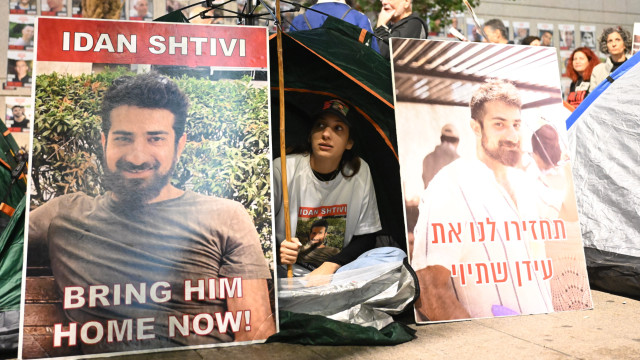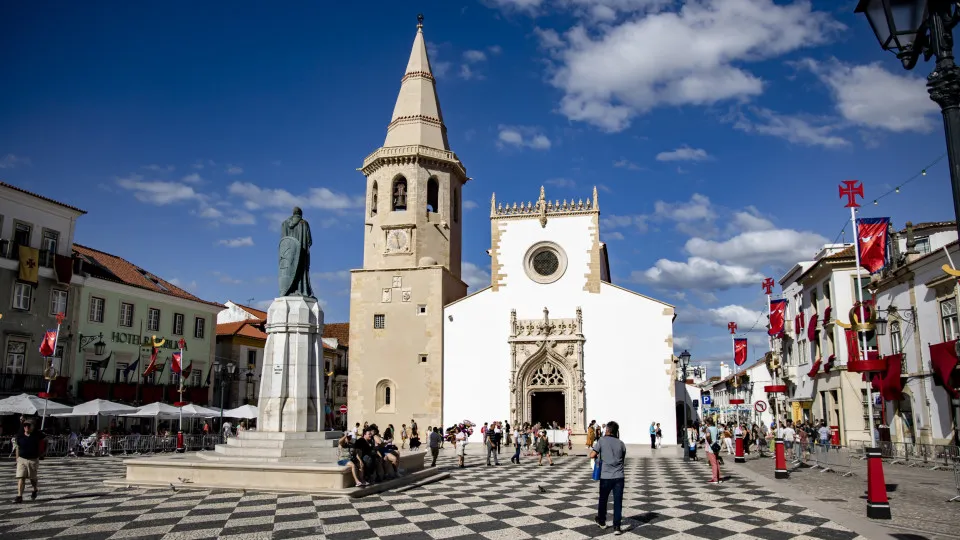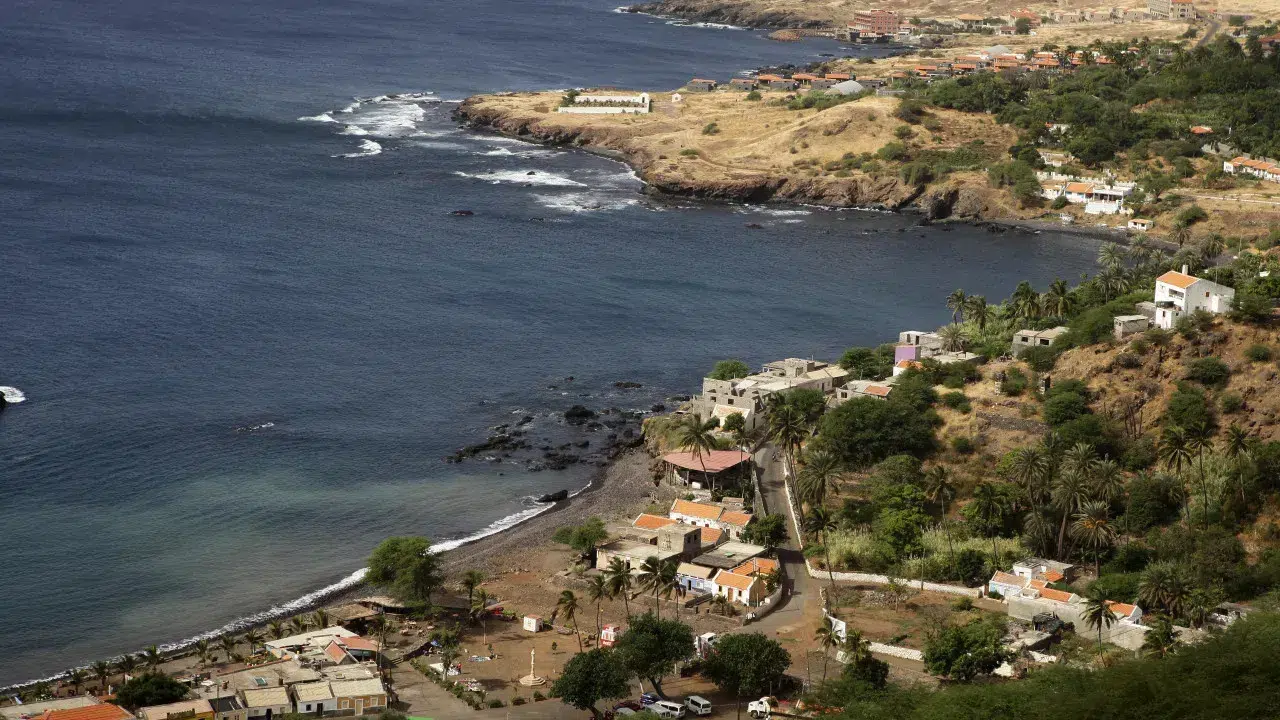
The Cape Verdean music embodies a poignant sentiment, channeling unspoken emotions, unexpressed faiths, and confessions held back, as described by Djunga di Biluca, founder of Morabeza Records, who passed away in 2023.
These words appeared on the back cover of the first record released in 1965, titled ‘Caboverdianos na Holanda’, featuring artists like Franque Cavaquinho and Tazinho.
Morabeza, originally called Casa Silva, was established by Djunga di Biluca, a member of the first group of ten Cape Verdean maritime workers who settled in Rotterdam in the 1950s, laying down roots in the city.
These individuals were pioneers of a growing community, with Morabeza’s founder aiding newcomers in finding employment. He also acted as a representative for the PAIGC (African Party for the Independence of Guinea and Cape Verde), with Amílcar Cabral assigning him the task of founding the label.
“Morabeza was a political project. I spoke with Djunga di Biluca, who said the label was suggested by Amílcar Cabral himself,” sociologist and Cape Verdean music scholar César Monteiro stated, noting Cabral’s awareness of music as a tool of resistance.
For César Monteiro, the label embodied Cape Verdean identity claims, surpassing any commercial or lucrative aspirations.
While explicitly protest music was sparse in Morabeza’s discography, it documented and promoted Cape Verdean music autonomously, contrasting with the Portuguese colonial regime’s tendency to categorize colonial expressions as folklore.
“Many songs were played, not sung, reflecting our identity. These pieces evoked the nostalgia inherent to Cape Verdeans,” emphasized César Monteiro.
The establishment of Morabeza saw Bana, who operated a club in Dakar, Senegal, move to the Netherlands.
At Franque de Cavaquinho’s invitation, Bana brought what would become the nucleus of Voz de Cabo Verde, a project with various forms over nearly 20 years, both as an independent band and supporting many famed Cape Verdean artists.
The sociologist notes that Djunga di Biluca forged connections for Cape Verdeans arriving in Rotterdam, facilitating their involvement in liberation efforts at the PAIGC base in Conakry.
Emanuel Varela, during his preparation for exile in Portugal, spent 15 days memorizing around 100 phone numbers in France, Belgium, and the Netherlands, one belonging to Djunga di Biluca. Varela recalls him as someone who assisted all Cape Verdeans arriving in Rotterdam.
His journey intended for the struggle in Conakry ended in Rotterdam as an exile, remembering how Morabeza’s symbol could trouble with PIDE, knowing it was a political project.
“Djunga was always at the forefront,” states the 74-year-old Cape Verdean.
Settled in the Netherlands, Emanuel recalls his connection to Bonga, who released his debut album with Morabeza, “Angola 72”.
“During a 1972 party, the day before Benfica played Feyenoord in Rotterdam, I met Barceló de Carvalho [Bonga], the athlete, performing. He wanted to stay in the Netherlands and asked how to become exiled. I explained, and he didn’t return to Portugal with the party. That night, he stayed in my room,” Emanuel recounts.
Realizing Bonga’s talent, Emanuel introduced him to Djunga di Biluca and Morabeza.
Alongside Angolan musician Mário Rui Silva and Cape Verdean Humbertona, Bonga’s debut album was released, marking an epoch in Angolan music.
Morabeza had previously released artists such as Luís Morais, Bana, Djosinha, and an unknown Cesária Évora, with a single, decades before bringing Cape Verdean music to global recognition.
Among recorded works were ‘Protesto e Luta’ series, focusing on Cape Verdean nationalist poetry and music.
César Monteiro highlights these as emblematic records of that era.
António Lima, retired Cape Verdean diplomat who studied in France in the 1960s, recalls Morabeza discs as a source of pride and courage for the diaspora.
“Listening to Bana and others’ mornas and coladeiras affirmed our identity and was truly beautiful,” Antonio tells us, who, gaining political awareness, created the group Kaoguiamo in France. They released an album under the PAIGC before independence.
The album featured the song ‘Amílcar Cabral’, a departure from traditional styles, described as “a shout”.
Antonio wrote the song after Cabral’s assassination, working as a doorman in Paris, answering Lenin’s question “What should be done?”, lamenting Cabral’s death “too early” amidst fears of diminishing struggle momentum.
After April 25, César recalls the Kaoguiamo album rallying youth at pre-independence gatherings.
Freedom also resonated with Humbertona’s guitar, with his Morabeza-released album inspiring post-dictatorship radio waves.
António Lima fondly remembers Humbertona’s debut, ‘Lágrimas e Dor’ from 1967.
“Beauty inspires revolt. Why couldn’t such extraordinary music be heard? Its silencing raised questions and evoked tears and longing,” he reflects.
In a Dutch documentary, Djunga di Biluca expressed that Morabeza affirmed Cape Verdeans’ distinct culture, essential for preserving identity.
“Without culture and identity, you are nothing,” he asserted.

